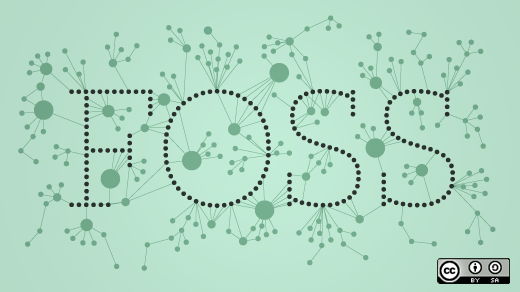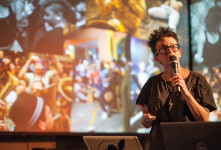Free As In What? A Debate on Free Vs. Open Culture

Free As In What? A Debate on Free Vs. Open Culture
October 29, 7 pm – 10 pm
What do we mean by ‘freedom’? Should Free/Libre/Open Source Software (FLOSS) necessarily be powered by radical politics of ownership and collaboration? Or is the latching of “Free Software” ideological baggage limiting the full transformative power of “Open Source”. How are these questions informed by licenses? Are some licenses more open than others? More ethical than others? This emotional debate has been in the heart of FLOSS from its early days and has created camps and animosities within the community.
Upgrade! NY continues its program series on open source as it relates to activism and creative practice. Join us for a discussion and debate on what constitutes freedom within the Open Source and Free Culture movements. We will examine the strong ideological differences through a provocative panel discussion with Gabriella Coleman and Zachary Lieberman.
Live streaming and live chat will be available during the panel discussion.
ABOUT THE PANELISTS
Gabriella Coleman is an anthropologist who examines ethics and online collaboration as well as the role of the law and new media technologies in extending and critiquing liberal values and sustaining new forms of political activism. Between 2001-2003 she conducted ethnographic research on computer hackers primarily in San Francisco, the Netherlands, as well as those hackers who work on the largest free software project, Debian. She is completing a book manuscript “Coding Freedom: Hacker Pleasure and the Ethics of Free and Open Source Software” (under contract with Princeton University Press) and is starting a new project on peer to peer patient activism on the Internet. She is the recipient of numerous grants and awards, including ones from the National Science Foundation, the Woodrow Wilson Foundation, the Ford Foundation, and the Social Science Research Council.
Zachary Lieberman’s work uses technology in a playful way to explore the nature of communication and the delicate boundary between the visible and the invisible. He creates performances, installations and on-line works that investigate gestural input, augmentation of the body and kinetic response. Recently, he helped create visuals for the facade of the new Ars Electronica Museum, wrote software for an augmented reality card trick, and helped develop an open source eye tracker to help a paralyzed graffiti artist draw again. In addition to making artistic work, Lieberman is a co-creator of openFrameworks, a toolkit for creative coding and teaches at Parsons School of Design.
Date
October 29, 2009



